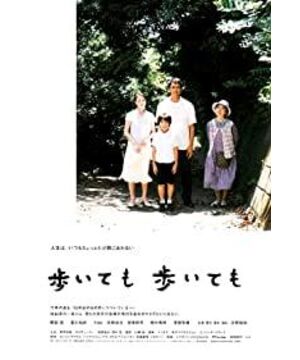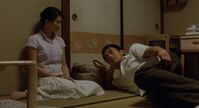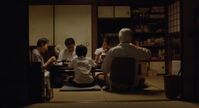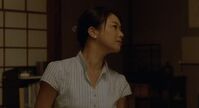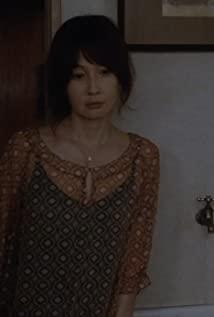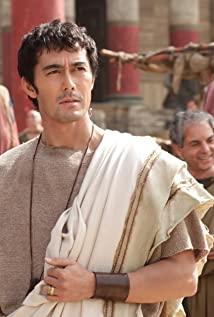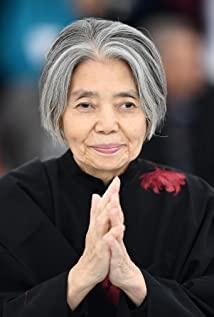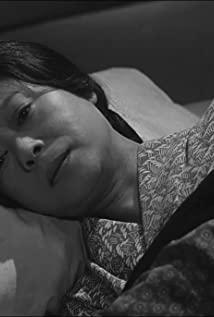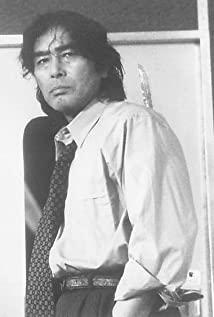The first thing that attracted me to watching this movie was the poster, with a simple and fresh style, just like the content of the movie. The road of life is always incessant, the children grow up in a hurry, the parents are getting older, it is like a confrontation of time.
Children don't always grow up as their parents expect. The two sons of retired doctor Gong Ping, the eldest son Chun Ping is the pride of his father. Hope that many become a doctor, but many have a soft spot for paintings. He insisted on going to a different place to become a painting restorer. However, the career is not satisfactory. Many of the poor married Yukali with children, supported each other, and continued to live. The movie chose a special day - the anniversary of the death of Chunping to be portrayed. It was Hirokazu Koreeda who said that "Never Stopped" is not about the grief of the life of the black-haired man who is sent away by the white-haired man, but how the accident of death changes ordinary families. On this day, Liao Duo and his sister took their families back to their homes in remote towns, and the peaceful Hengshan family became lively again. This is a special day for the Hengshan family in a year. The director tried to use such a day to tell the long years of the Hengshan family for decades. In fact, it is the epitome of the whole life. Laughter and sadness coexist, satisfaction and regret go hand in hand.
The film is about the trivia of traditional Japanese family life from start to finish. Don't use any interlude, just let the time pass little by little, and understand all the sorrow, depression, warmth, and joy of this family that has passed away from the dialogue between the characters, and then the days have to move forward lightly. There is a lot of life-like dialogue in this film, from which deep details can be distilled. The family really wants to be close, but it is very far away. Many trivial things I want to say will eventually be forgotten as time goes by, and stumbling and stumbling unconsciously is a lifetime. The deepest concern is always unspeakable, and behind all the unspeakable hidden is the care that even oneself do not know. Every character in the movie is very plump. The director makes them rough and delicate, hard and soft through various details, making them unbearable and incomparably intimate and lovely. For example, the character of the old father in the film has very few words and has his own set of habits. When the child hurts the flowers and plants in the courtyard, he immediately stops drinking, and when he takes pictures, he turns around and leaves when he is unhappy. But we can also discover the real and lovely side of the old man through his chat with his grandson and scolding the rescued man afterwards.
The director is Hirokazu Kore-eda, whose shots are steady and calm, the composition is exquisite and exquisite, the color of the picture is clear and bright, and the soundtrack in several places is gentle, delicate and meaningful. The film tries to avoid the possibility of hustle and bustle and conveys the imperceptible beauty of life. In this movie, you will sigh incessantly, have a heartfelt nostalgia for life, and feel the deep and shallow love beneath the indifferent surface. Time walks unstoppably forward, memories are long because of imperfections and regrets, and life itself becomes real because of the existence of some problems. After experiencing the slight tingling and regret again and again, we gradually learned to love in our ordinary life.
If life is a long road, it is the family who accompany us through the longest road. Life has always been one step faster, and he was always one step slower - too late to communicate with his parents and give the answer. Perhaps it is this regret that adds to the deep meaning of the film. The conflicts caused by traditional filial piety and family values are repeated in the past, present and future. The director is asking such a question: how can everyone leave no regrets? go away. "Never Stop" is a warm sketch, without deliberately creating climaxes and conflicts between characters. Some of them are just pictures of the real life of ordinary people with various personalities. It takes a delicate and sensitive heart to fully appreciate it, just like only by perceiving and thinking with the heart, can we comprehend the true meaning of life.
View more about Still Walking reviews


